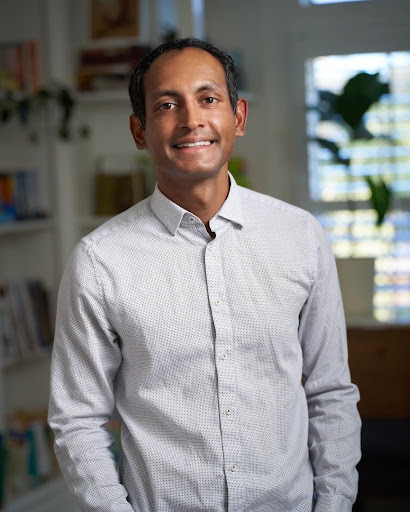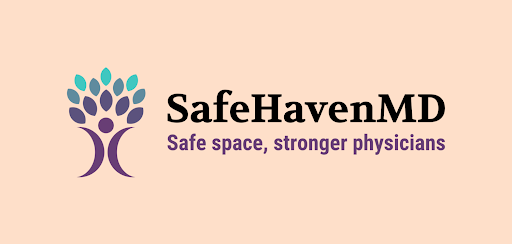SafeHavenMD: One Physician's Mission To Create A Safe Space For Doctors

Every day in the United States, a doctor dies by suicide. It's a sad statistic, one that hits especially close to home for Dr. Nishant Patel, a urologist by training and the founder of SafeHavenMD, a mental health platform created for physicians, by physicians. But SafeHavenMD is more than a company. For Dr. Patel, it's personal.
"As a physician, I've had a journey with a lot of the issues that the general public faces: depression, substance use, burnout from job pressure and family issues," he says. "Sometimes I was met with support. Often, I wasn't."
That lived experience, of feeling both seen and unseen, helped shape SafeHavenMD, which was launched in 2024. The platform is designed as a confidential, judgment-free space where physicians can seek mental health support from people who understand the unique pressures of practicing medicine.
Physicians suffer from depression, substance use, and burnout at rates far higher than the general population. According to surveys, 20.9% to 43.2% of physicians meet the criteria for depression. Burnout affects nearly half, driven largely by administrative overload and long hours. And substance use, estimated between 10% and 15%, is widely believed to be underreported.
But despite these numbers, most doctors don't seek help. The reasons are deeply entrenched: fear of losing their medical license, fear of being reported to the board, fear of losing the respect of their peers, or simply fear of admitting they need help at all. "It's not something people talk about," says Dr. Patel. "And when you don't talk about it, you feel like you're the only one. But you're not."
Dr. Patel knows firsthand the emotional weight physicians carry. He struggled for years with mental health issues and substance use while raising a family and juggling the demands of a high-stress profession. "What helped me most was connecting with other physicians who had been through something similar," he explains. "When you're in that place, it feels like there's no way out. But there is."

SafeHavenMD was born from that realization: that recovery is possible, and that physicians don't have to go through it alone. More than anything, the platform aims to break down stigma and start a conversation. "We want to create a self-sustaining system," the founder explains. "Once someone gets help and heals, they can support the next person. That's how we shift the culture."
SafeHavenMD starts with an intake form, powered by AI, to assess the individual's needs in all areas of life: work, family, health, spirituality, social issues, and more. From there, a human-to-human connection is key. "Nothing replaces a one-on-one conversation," confirms Dr. Patel. "Our mentors are physicians who've been there. We don't judge. We just listen."
Some users are referred to 12-step programs. Others need therapy, psychiatric care, or residential treatment. For those in crisis, SafeHavenMD provides referrals and coordinates with trusted partners. The goal is not just triage, but long-term support: personalized plans, regular follow-ups, and ongoing mentorship.
Importantly, the service is completely confidential and free of charge. SafeHavenMD does not report to hospitals, boards, or employers. "We're not here to punish anyone," Dr. Patel affirms. "We're here to help."
The platform is intentionally built outside the formal systems that often intimidate or penalize struggling doctors. "Physicians fear being labeled," Dr. Patel says. "They fear losing everything. But when you put everything—your job, your family, your reputation—before your recovery, you may lose it all anyway."
Instead, he urges physicians to view seeking help as a strength, not a liability. "There is help. And there is a way through this. It may not look exactly like what you envisioned, but you're not alone."
Dr. Patel is building SafeHavenMD with an eye toward long-term sustainability. While the service is currently free, a subscription model may be introduced later to support growth and expansion.
Looking ahead, he envisions SafeHavenMD being integrated into hospital systems, residency programs, and even insurance plans. The earlier doctors receive support, ideally in medical school or residency, the better they can prepare for the emotional toll of the profession.
And while SafeHavenMD is based in the U.S., its reach is envisioned to go global. "Doctors everywhere struggle. The culture and language may be different, but the feelings are the same. We want to help wherever we can," the founder states.
To the physicians who are suffering in silence, Dr. Patel offers this advice: "You are not alone, even though it seems like you are. You can be helped, even if you don't think you can. And you may not be able to pull yourself out of this alone. And that's okay. There is help out there; there is a way forward."
© Copyright IBTimes 2025. All rights reserved.





















